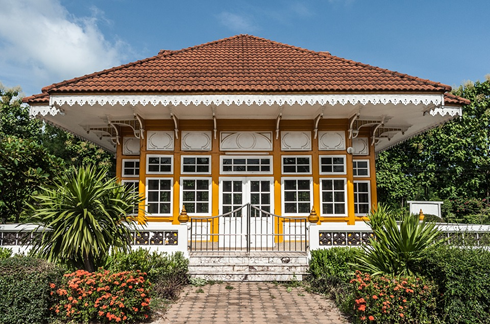Thailand has a lot to offer, and it’s no surprise that it’s one of the most popular countries in South East Asia with investors. If you want to make the country your home for the foreseeable future and are able to get a visa that enables you to do this, you may be considering investing in property. While this is something that can certainly be achieved, you will find that there is more red tape concerning foreign investment in Thailand than in some of the neighboring countries. In this article, we’ll take a look at the most common purchasing options and how easy they are to obtain.
Leasehold
The most common way to invest in Thai property is with a Leasehold title. This provides foreigners with the option to lease a piece of land for a 30-year period, which can be renewed up to three times. When the lease expires, it can be renegotiated, and it is possible to stipulate terms regarding this in the property contract. This is an especially popular option in tourist resorts like Koh Samui and Phuket. You can also find property management companies that offer these kinds of deals. Check out the Dusit Laguna Resort villas in Phuket for an idea.
Limited Company Ownership
One option that is fairly popular with citizens in the US is to set up a limited company to buy property. Rather than purchasing a property yourself, technically your limited company will purchase it instead. The main issue with this is that Thai laws only allow foreigners to own up to 49% of a limited company in Thailand. That said, it is possible to structure the company so that foreign citizens are listed as directors and have majority voting rights. This is one of the safest ways to buy property in the country.
Buying with a Spouse
If you are married to a Thai national, you may want to consider buying a property with them. This is a good option if you trust them entirely as between the two of you, you will own 100% of a property, with the Thai national owning 51% and you owning 49%. It’s worth being aware of the complications that may arise should you divorce, however. If this happens, the property will likely be classed as your spouse’s asset and automatically be given to them.
Condo Ownership
Some foreigners want to invest in a condo, either in a busy city like Bangkok or in a tourist area. While the same rule applies that you can only own 49% of a property, you can get freehold ownership over a condo, and you can own it in your own name. The condo purchasing process also tends to be easier than those mentioned above. Condos are registered with title deeds, which is similar to how condominium systems work in the US, and how commonhold situations work in the UK.
Have you considered purchasing a property in Thailand? Let us know which option you chose in the comments.










